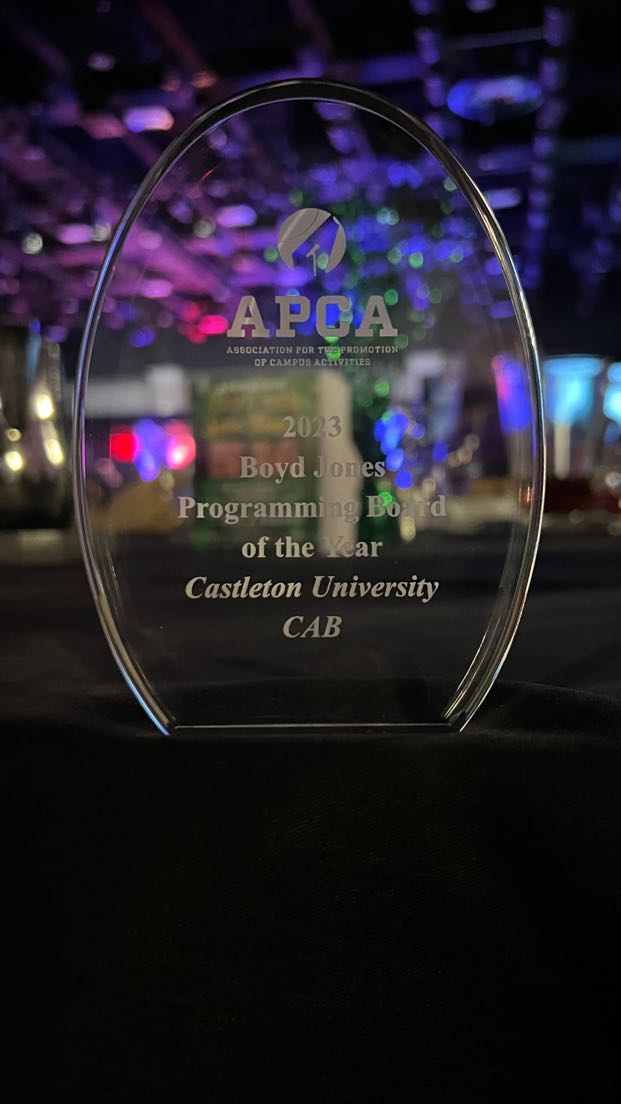If you are of a mind to agree with the ideas of this recent opinion piece by James Nguyen H. Spencer, “Higher Ed is a Public Good. Let’s Fund It Like One,” from this week’s Chronicle of Higher Education, you may be interested in the work of economist Phillip Trostel of the School of Economics at the University of Maine. This is his 2017 report for the Lumina Foundation: It’s Not Just the Money.
The premise of Trostel’s work on public higher education is essentially this: Much of the discourse about higher education frames it as a “private good”. That isn’t in itself a bad thing, but we should also be aware of the vast potential “public good” that is associated with higher education.
In terms of “private good,” we talk in this way when we invoke something like “career readiness” as a prime organizing principle for higher education. What matters most here is the economic stability and mobility gained by the individual student who seeks and purchases higher education. And indeed, despite the seemingly growing sentiment that a college diploma doesn’t provide this kind of value, Trostel’s work quantifies the college earning premium; in 2012, individuals with a bachelor’s degree earned, on average $32,000 (134% higher) than high school graduates who never attended college, almost $1.4 million across a lifetime.
The real interest here is in the discussion of “public good”, or the broader benefits to society by producing a citizenry with college educations. Trostel’s research demonstrates that not only do college graduates contribute more to the financing of public services (over $500,000 more across a lifetime), but they tend to draw less in public services (roughly $50,000 less) than citizens with a high school education. Here is the summary from Trostel’s 2017 Article “The Tip of the Iceberg”:
- College attainment not only creates higher incomes for graduates themselves, it creates higher income for others.
- College attainment substantially reduces others’ tax burdens by creating much greater tax revenues and lower government spending on public assistance and social insurance.
- College graduates have lower rates of disabilities, significantly better health, and longer life expectancy.
- College graduates give disproportionately more to charities, engage more in volunteerism, and are more likely to work for the greater good. They are also doing more in community involvement and civic engagement.
As noted above, the research is pre-pandemic and slightly dated. But Trostel provides a very powerful framework for talking about and quantifying the good of the work we do. Consider: what would it mean to demonstrate that the benefits of funding a state system of education can measurably reduce the need for and thereby the costs of providing some public services, perhaps by huge margins? Wouldn’t that be worth the increased state support for higher education?



